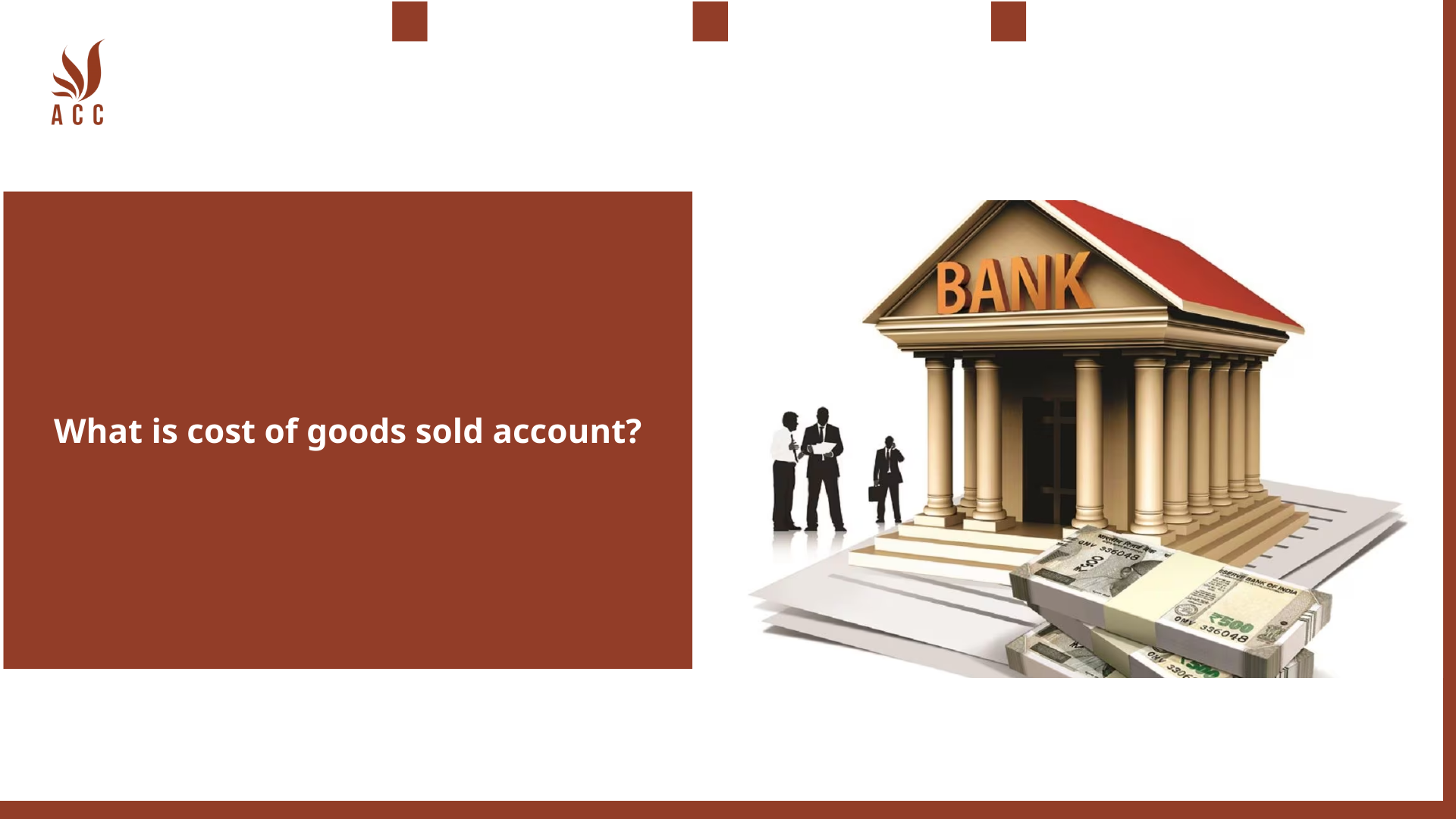
1. What is cost of goods sold account?
2. Decoding Cost of Goods Sold
3. Unpacking the Essentials of COGS
4. The Significance of COGS
5. The Role of COGS in Company Performance
6. What's Excluded from COGS?
7. Delving Deeper into the Calculation
8. Simplifying COGS with Deskera Books
9. Why should professionals use ACC Law Firm's capital Service?
-
Expertise in Legal Matters: ACC Law Firm specializes in legal services, providing professionals with access to experienced attorneys who can offer valuable legal guidance. Whether it's contract negotiations, intellectual property issues, employment matters, or any other legal concern, their expertise can be invaluable.
-
Tailored Legal Solutions: ACC Law Firm understands that every professional's needs are unique. They can customize their legal services to address the specific challenges and opportunities faced by professionals in different fields.
-
Risk Mitigation: Legal issues can pose significant risks to professionals and their businesses. ACC Law Firm can help identify and mitigate these risks, reducing the potential for costly legal disputes or compliance issues.
-
Resource Optimization: Professionals can save time and resources by outsourcing their legal needs to ACC Law Firm. This allows them to focus on their core competencies and business objectives, while leaving legal matters in the hands of professionals.
-
Access to a Network: ACC Law Firm may have a network of legal experts and professionals in various fields, which can be beneficial for clients seeking connections and advice beyond just legal services.
Q&A
Question 1: What is the cost of goods?
Answer 1: The cost of goods, often referred to as COGS (Cost of Goods Sold), is the direct cost associated with producing or purchasing the goods that a company sells during a specific accounting period.
Question 2: What components make up the cost of goods?
Answer 2: The cost of goods typically includes the cost of materials, labor, and overhead required to manufacture or purchase the products that a company sells.
Question 3: Why is the cost of goods important for businesses?
Answer 3: The cost of goods is a crucial financial metric for businesses because it directly impacts a company's profitability. Understanding and managing COGS is essential for pricing decisions and assessing overall financial health.
Question 4: How is the cost of goods calculated?
Answer 4: The cost of goods is calculated by adding the cost of raw materials, direct labor, and manufacturing overhead. The formula is: COGS = Opening Inventory + Purchases - Closing Inventory. This value is then deducted from a company's total revenue to determine gross profit.
Nội dung bài viết:






Bình luận